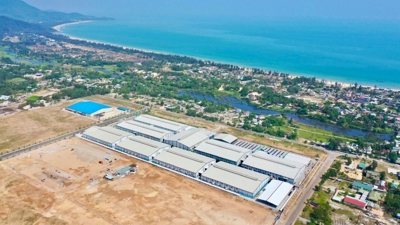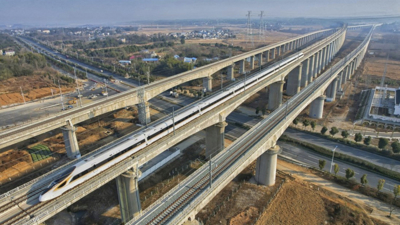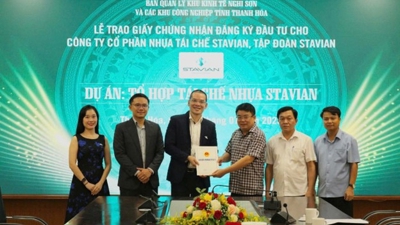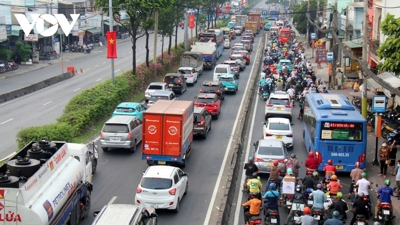Procedures for opening indirect investment accounts in Vietnam's stock market further simplified
The new regulation aims to facilitate foreign capital flow into Vietnam’s stock market.
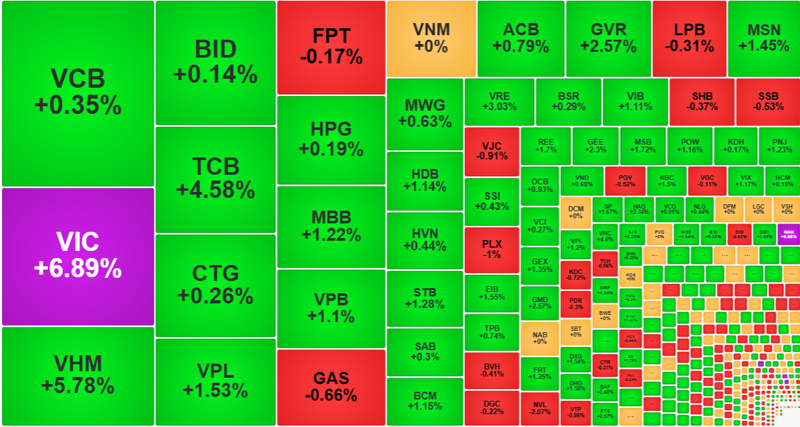
The process for opening indirect investment accounts in Vietnam will be significantly simplified from June 16, according to a new regulation outlined in a circular from the State Bank of Vietnam, according to a report from the Vietnam News Agency.
This change is part of Circular 03/2025/TT-NHNN, which replaces the previous Circular 05/2014/TT-NHNN.
The new circular aims to streamline administrative procedures, remove barriers and falicitate foreign capital flow into Vietnam’s stock market.
This circular is for foreign investors, licensed foreign exchange banks and entities and individuals involved in foreign indirect investment in Vietnam.
One of the most notable reforms is the removal of the requirement for foreign investors to consularise their documents when opening an account.
This change dramatically reduces the account opening process from several months to just a few days, making it more accessible and efficient for foreign investors.
The new regulation also mandates that all transactions related to foreign indirect investment activities be conducted via indirect investment accounts.
These are payment accounts in Vietnamese currency (VND) held by foreign investors at licensed banks. This rule ensures that all revenue and expenditure related to indirect investments are transparent and traceable.
Additionally, the circular restricts the use of indirect investment account balances, stipulating that these funds cannot be transferred to term deposits or savings accounts. This provision is designed to better manage capital flows and maintain the transparency of financial transactions.
The issuance of Circular 03/2025/TT-NHNN is expected to standardize the process for foreign investors to open and use indirect investment accounts in Vietnamese currency, creating a more efficient and transparent system.
This regulatory shift not only reduces administrative complexity but also paves the way for greater foreign participation in the Vietnamese market.



